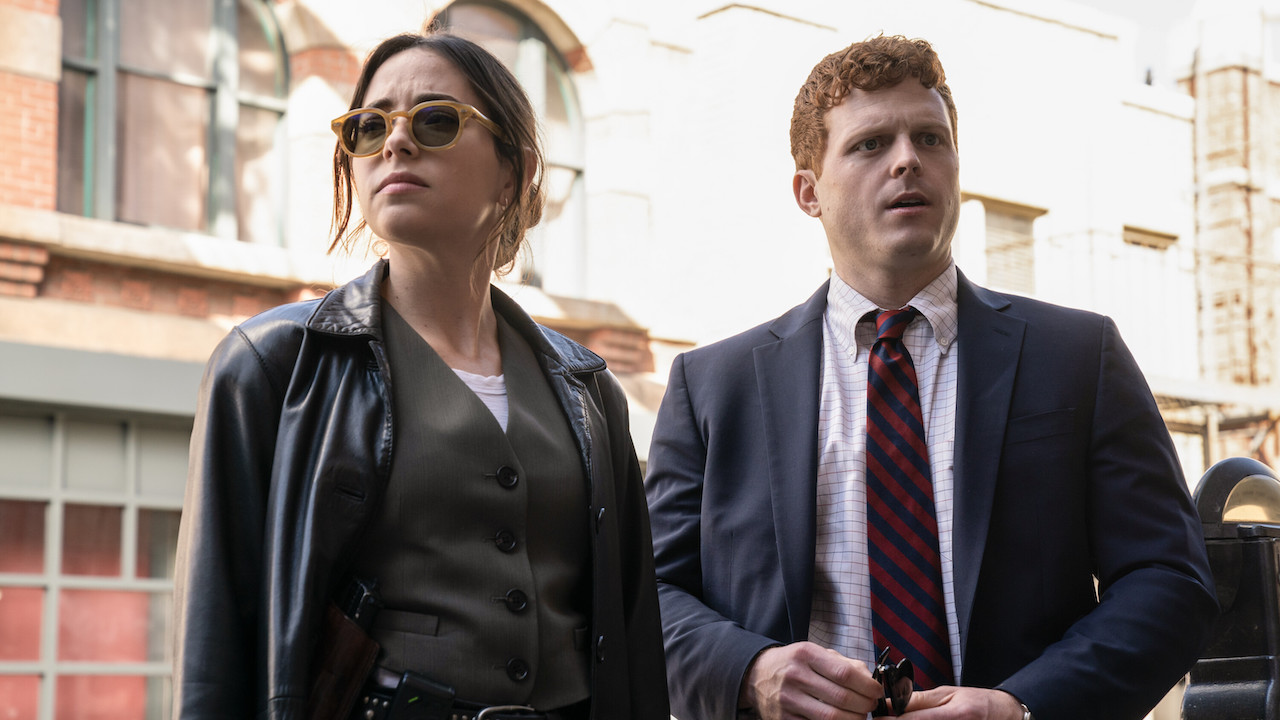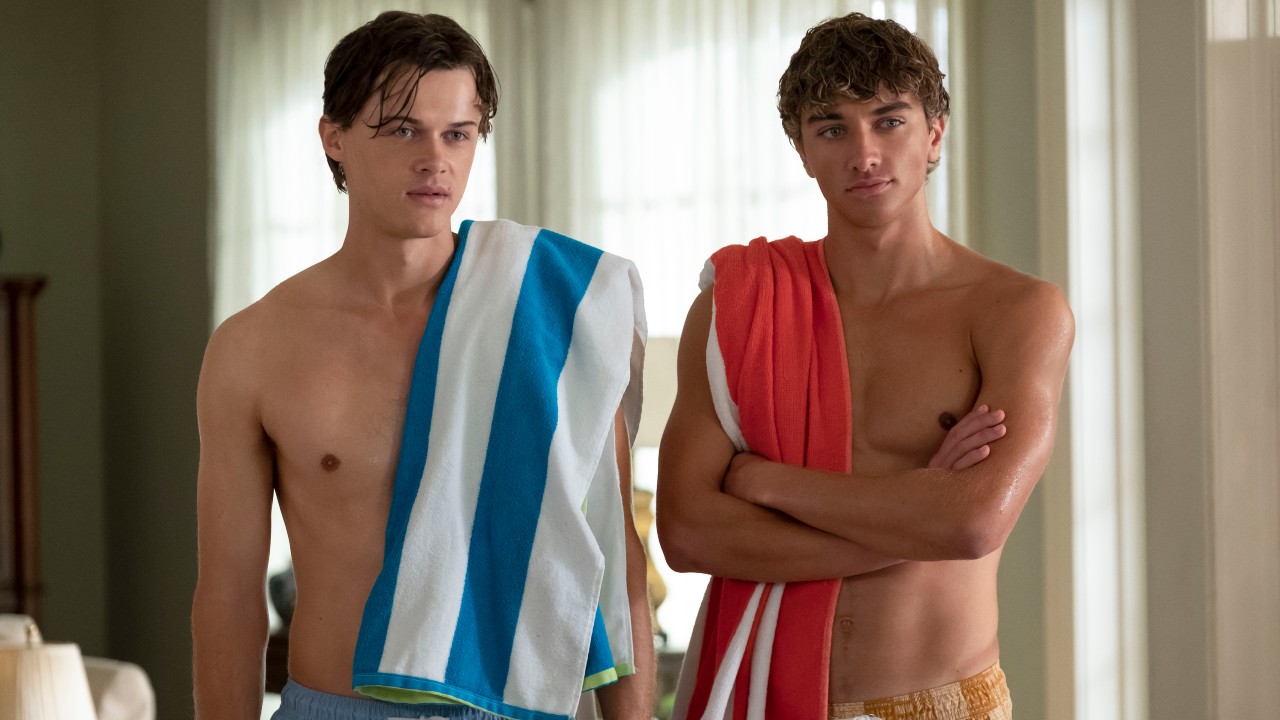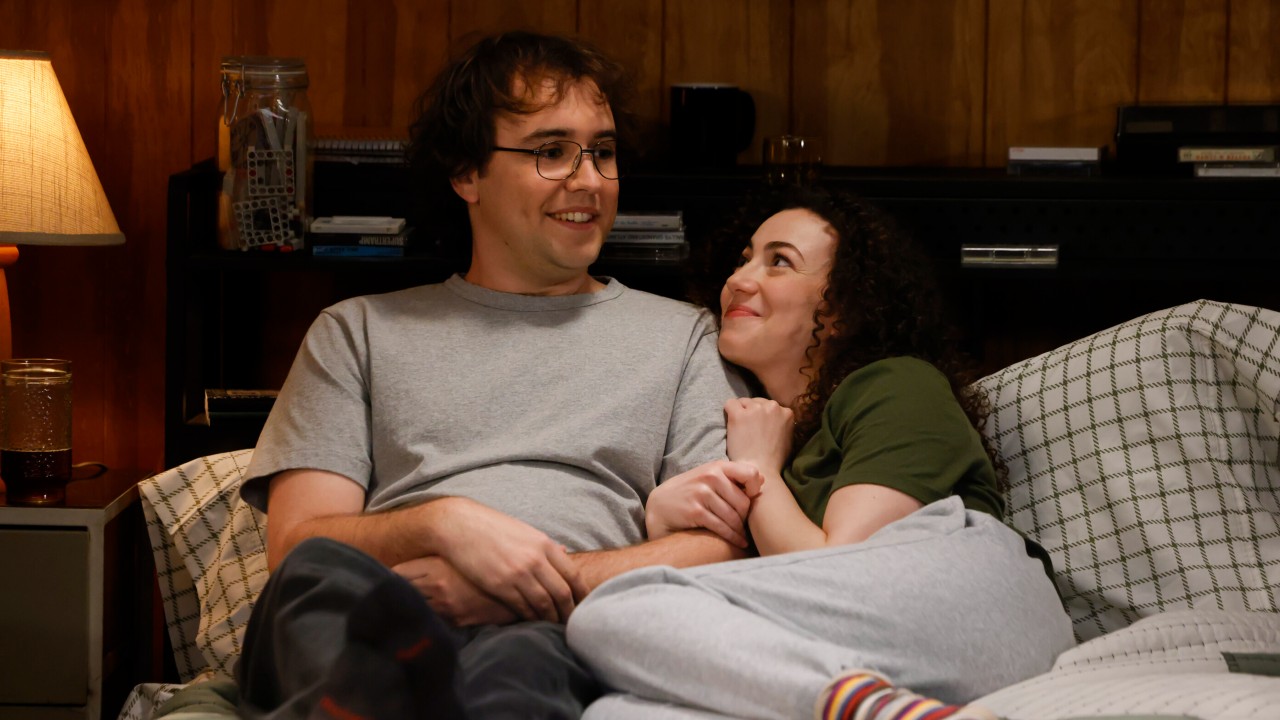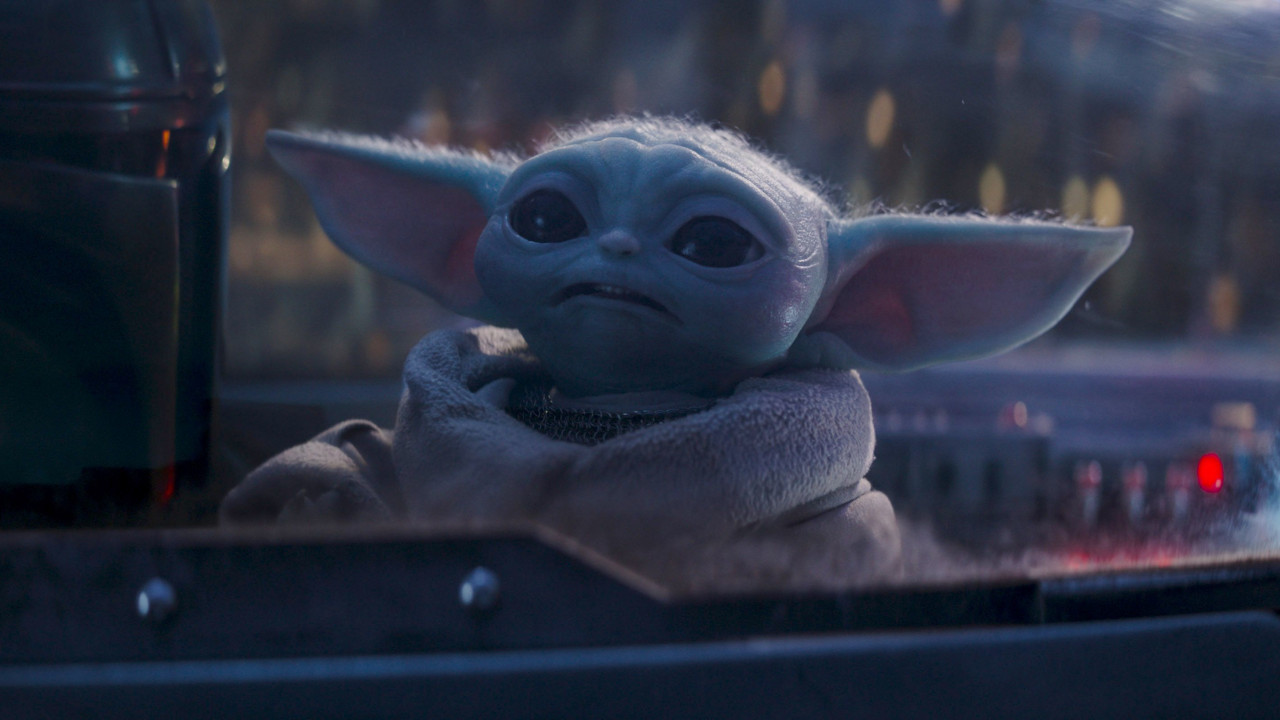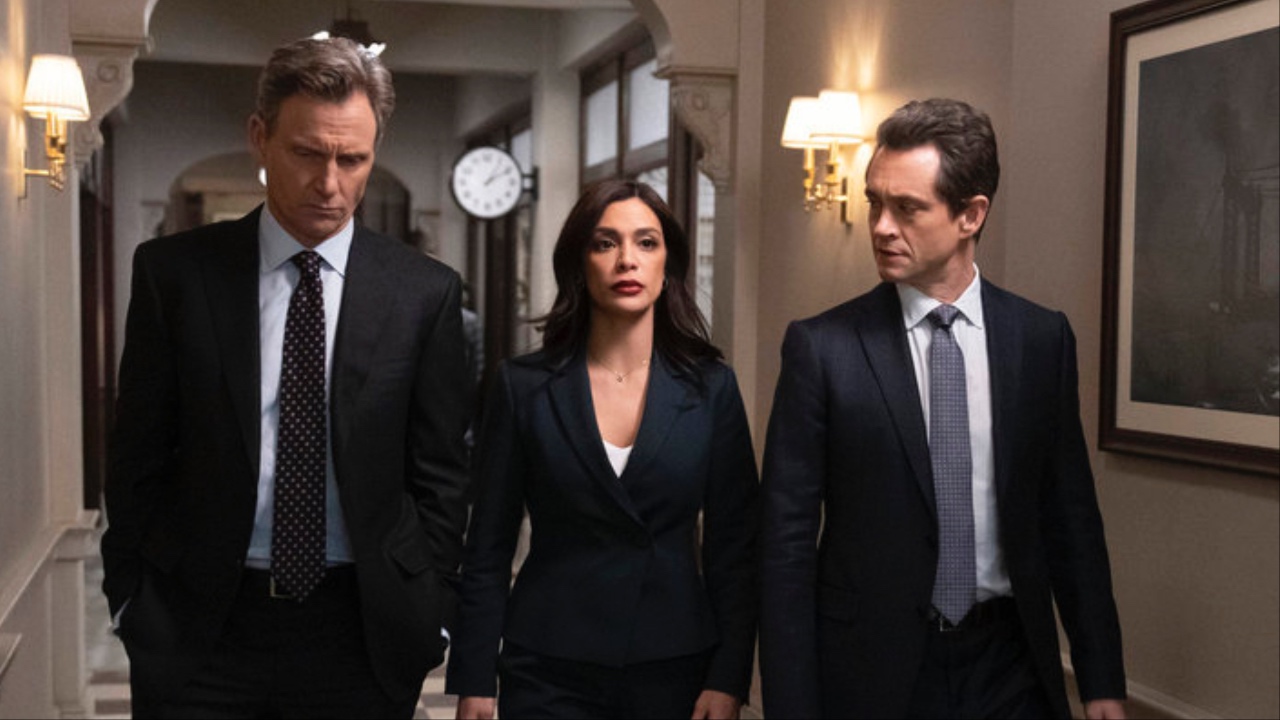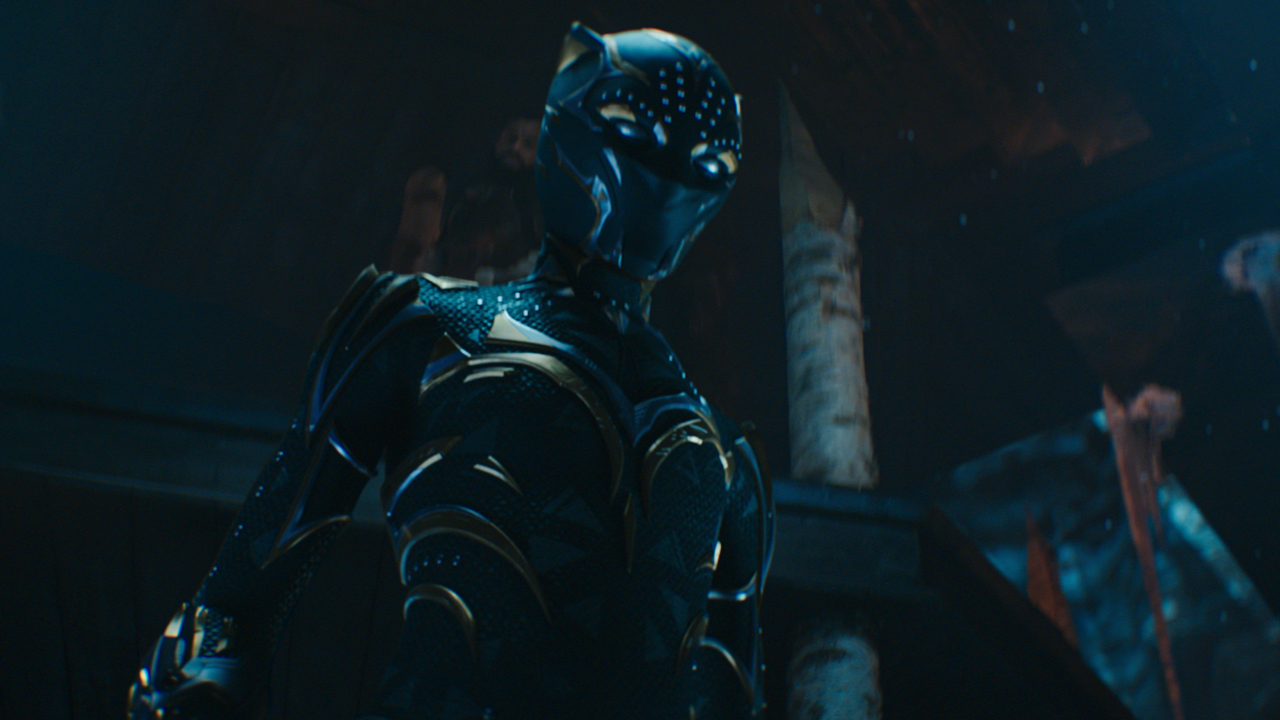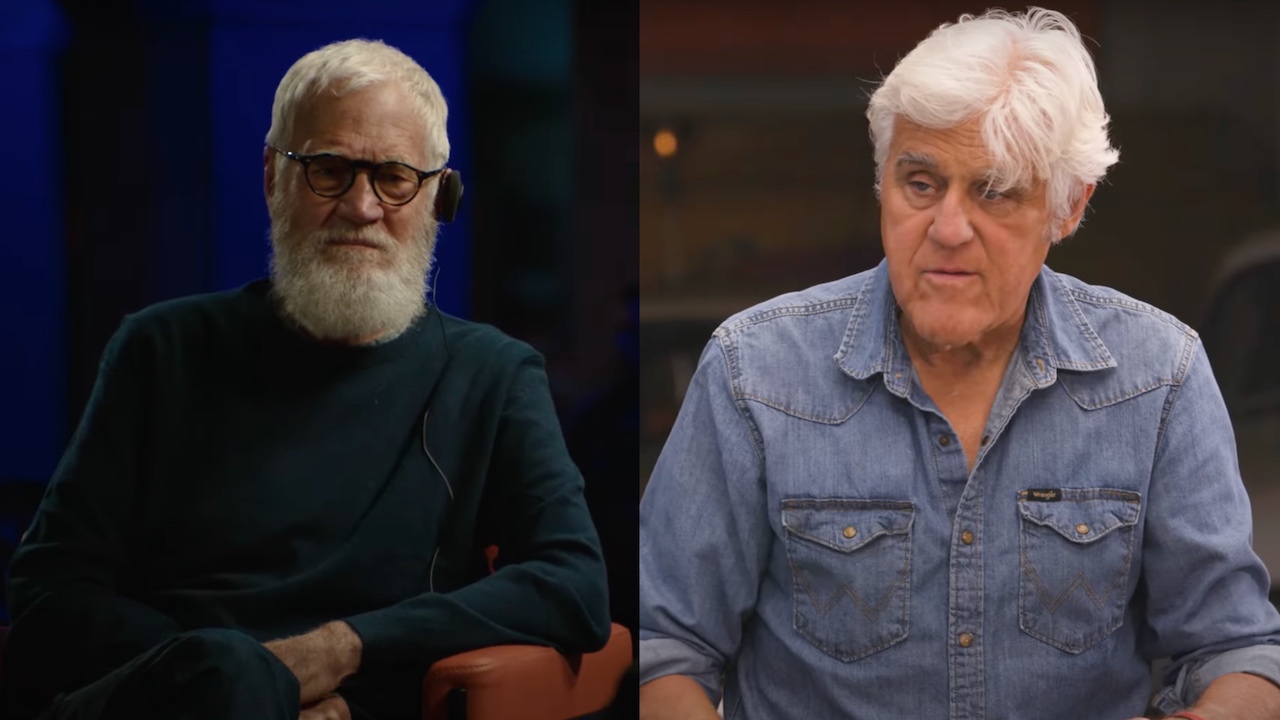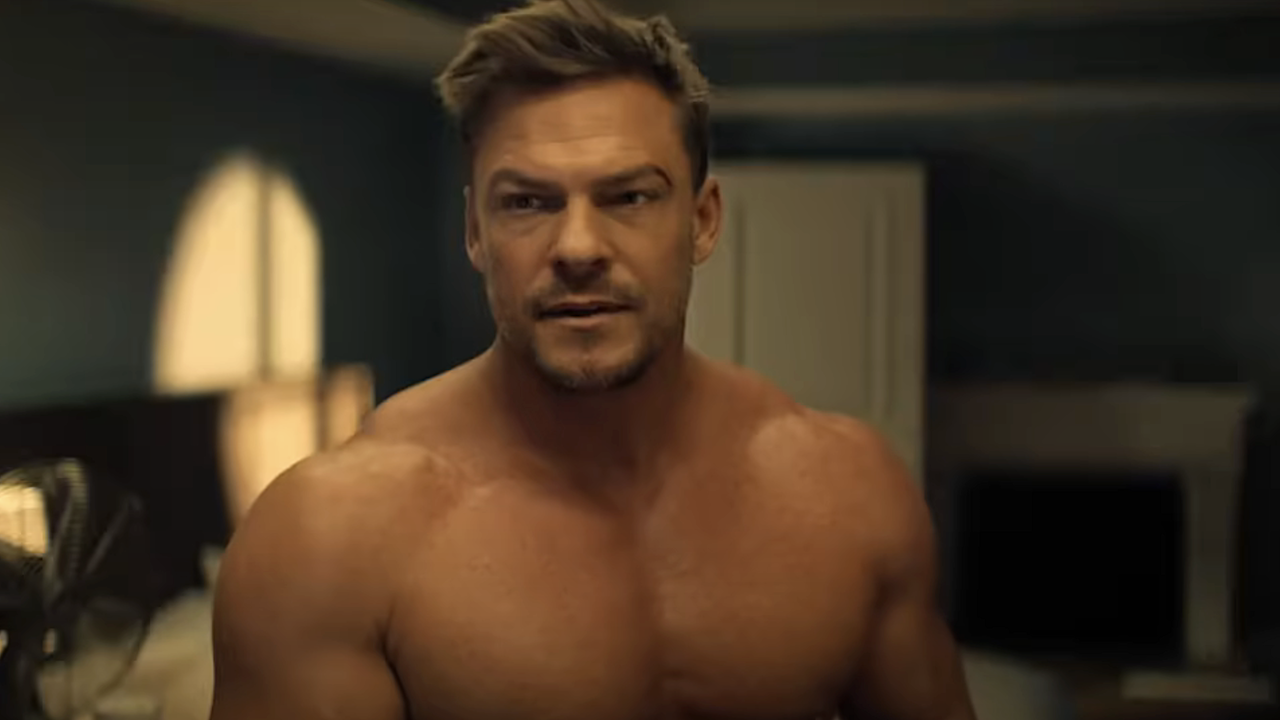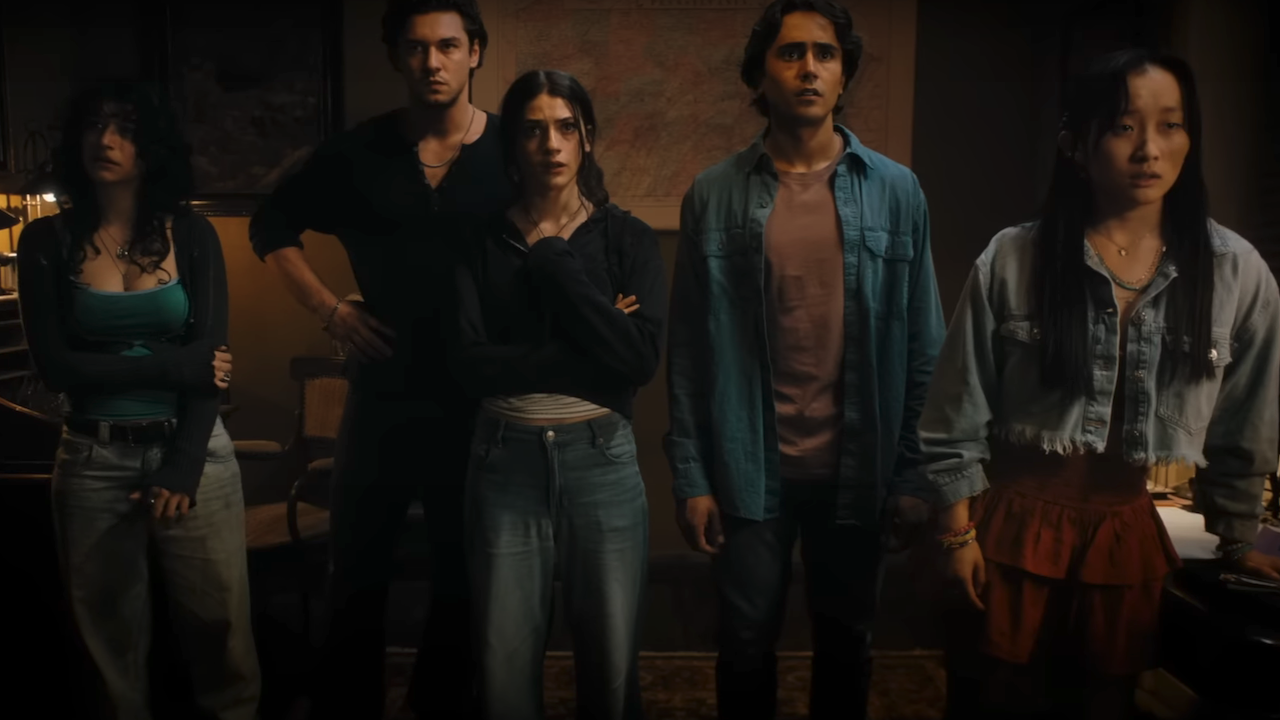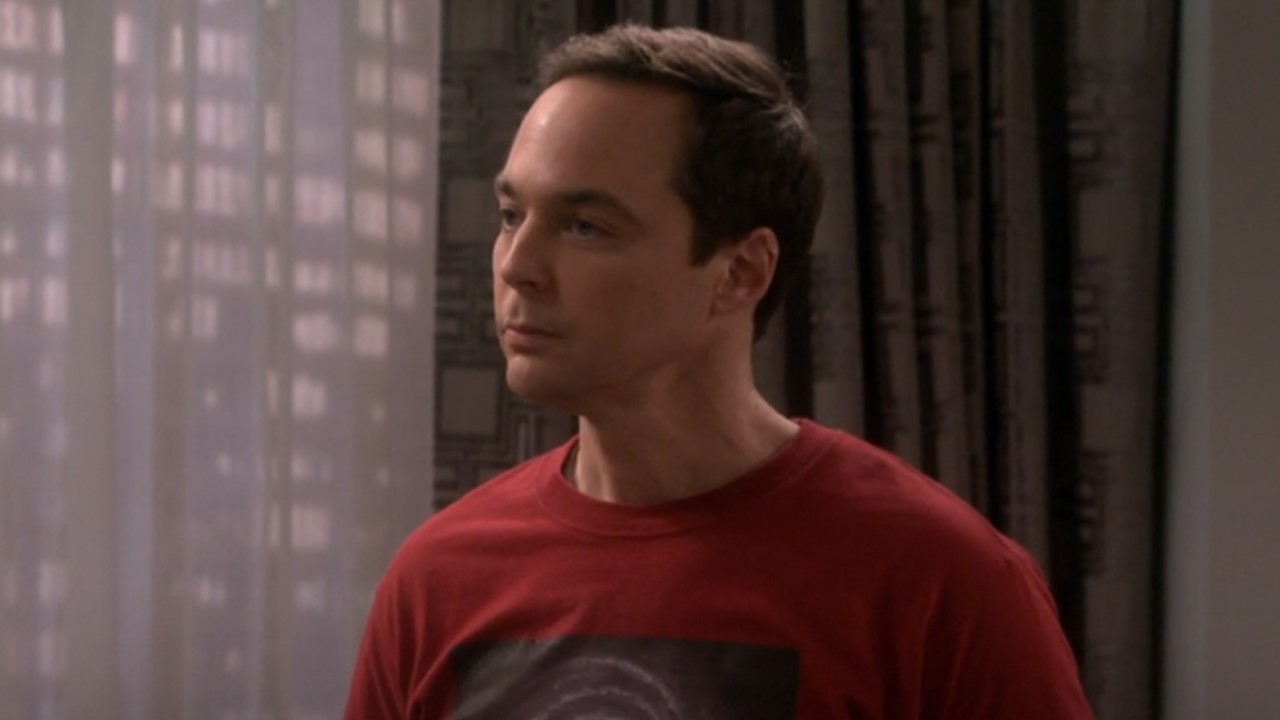Why Do We Care So Much About Abraham Lincoln's Voice Anyway?
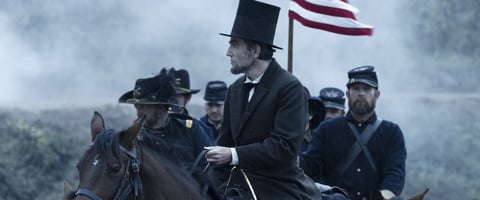
Yesterday I was staying in a hostel in downtown Toronto for my last night at TIFF, and the wifi there was atrocious. It worked well enough to get some basic work done, but then proceeded to drive me insane when the full trailer for Steven Spielberg's Lincoln arrived online, and it took a solid half hour to load it on YouTube. It was late and I was tired, but I stayed awake and watched that little bar expand, intent on getting a look at it for a simple reason: I wanted to hear Lincoln's voice.
Which is a little weird, when you think about it. When biopics are made about famous people who existed in the modern media age, we can scrutinize a lot about the actor's performance-- did Jamie Foxx nail Ray Charles's speaking voice? How much is Jesse Eisenberg actually acting like Mark Zuckerberg? But famous people from past centuries are usually up to way more interpretation. Nobody really cared if Joseph Fiennes mimicked Shakespeare's speech patterns in Shakespeare in Love; no one seems to mind if Brad Pitt's Jesse James actually walks like a man born in 1847. When you jump back far enough into the past, you're allowed a lot of liberties-- unless, apparently, you're playing the man on the penny.
There's an inherent mystery to Lincoln, the closest thing American society has to a revered king of the past. His uniquely craggy face and stovepipe hat are burned into our collective consciousness as soon as we're old enough to recite the Pledge of Allegiance, and as he sits on his marble throne in the Lincoln Memorial he seems to carry with him a kind of Old Man of the Mountain wisdom. We imagine George Washington leading the troops across the frozen Delaware River, and Thomas Jefferson wrangling the delegates of the Continental Congress, but Lincoln is inherently associated with his words, whether delivering the Gettysburg Address or his Second Inaugural or signing the Emancipation Proclamation. When the first photos of Daniel Day-Lewis in costume as Lincoln emerged online, everyone marveled at how excellent the makeup was-- and then moved on to immediately wonder about the voice. A man who gave so many iconic speeches has to have a voice that resonates as much as his legend. Right?
Lincoln scholars have often said otherwise, and now we know that Spielberg and Day-Lewis agree-- when we first hear Lincoln's voice in the new trailer, around the minute mark, it's practically as high-pitched as Truman Capote's. When he explodes and shouts at the men in the room, they seemed shocked and so does he-- this is a tall, gangly man who's always used his words instead of his fists, and a soft voice to prove it. Given Day-Lewis's reputation for research there's no doubt his take is the most historically accurate, but it's far from the one we've invented for ourselves over the decades. Now we Americans have to choose if we can get used to this newer, softer-spoken Lincoln, or hang on to the one we always imagined.
If Day-Lewis's performance is strong enough, we ought to have no problem, but I honestly wonder if that will happen. We like to imagine Lincoln as a marble statue, as a face carved into rock, as a symbol of the better angels of our nature, booming with a voice like the Ents from Lord of the Rings to tell us how to be better Americans. Spielberg's Lincoln won't just aim to depict him as a human, but a human with dimensions we didn't imagine. It's something as small as the register of his voice, but from the looks of the reactions so far, it's somehow a lot bigger.
This poll is no longer available.
CINEMABLEND NEWSLETTER
Your Daily Blend of Entertainment News
Staff Writer at CinemaBlend

